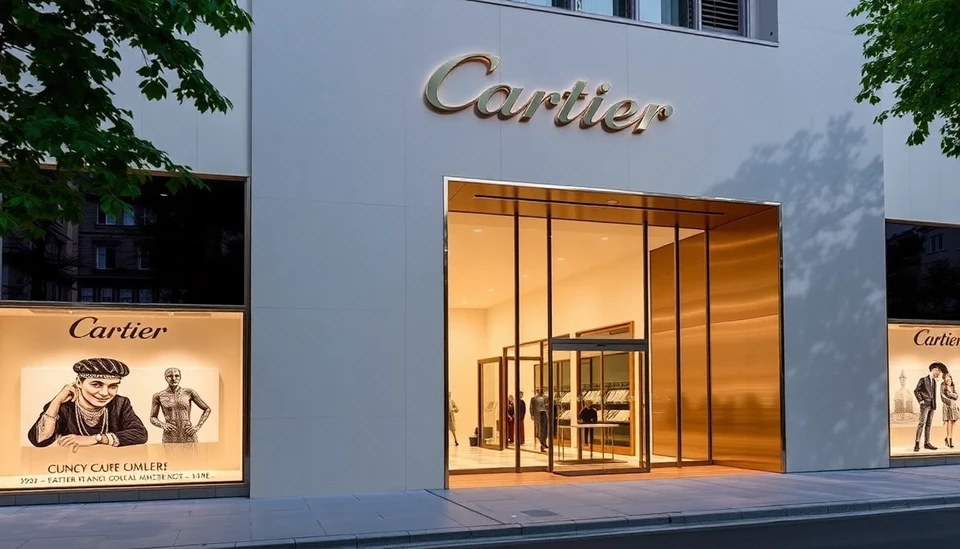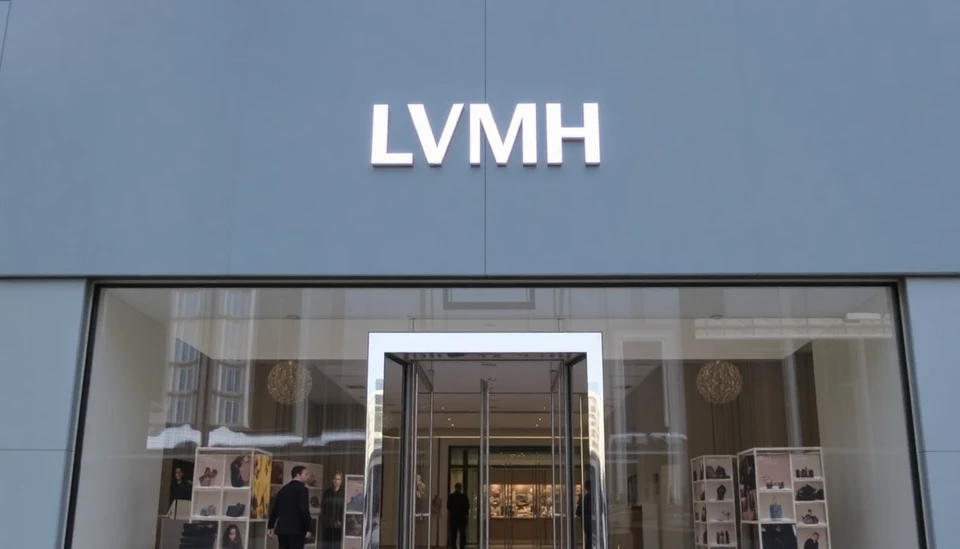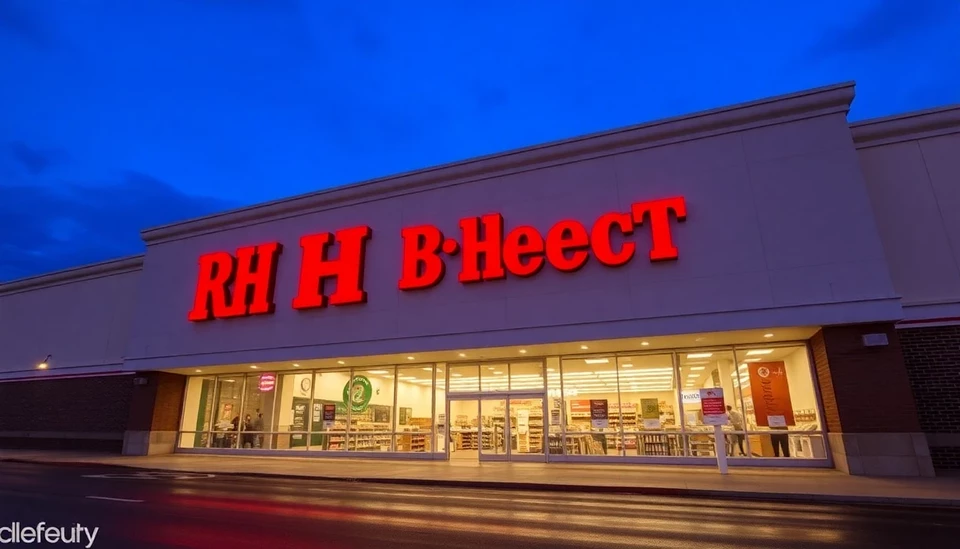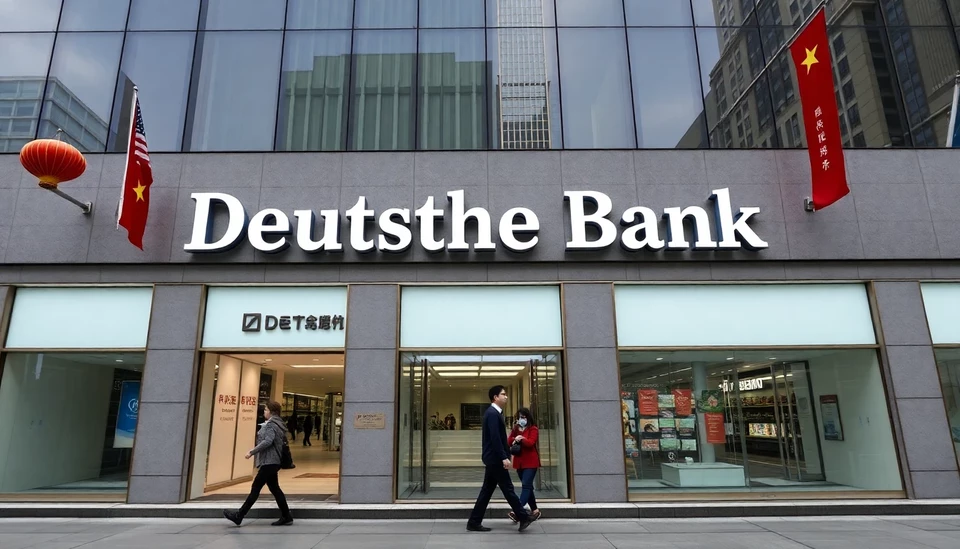
In a promising development for the luxury goods market, Richemont, the parent company of renowned brands such as Cartier, reported a substantial increase in sales for the most recent quarter. This growth signals a vibrant recovery in consumer demand, particularly in the wake of global supply chain challenges and fluctuating economic conditions that have affected the luxury sector over the past few years.
According to the company’s latest earnings report, Richemont's sales surged by 19% in the third quarter of 2024, compared to the same period last year. The remarkable uptick was attributed to a resurgence of spending in Asia and a resurgence in key markets like Europe and the Americas. This rebound comes as China’s economy continues to recover, lifting consumer sentiment and encouraging luxury purchases.
Richemont's strong performance was particularly driven by its jewelry segment, which includes Cartier and Van Cleef & Arpels. This segment alone recorded an impressive sales hike of over 30%, highlighting the growing appetite for luxury items among affluent consumers. The company's focus on craftsmanship and heritage, along with targeted marketing efforts, appears to have resonated well with customers.
In addition to jewelry, Richemont’s watches division also experienced robust growth, aided by the revival of luxury watch fairs and increased consumer interest in high-end timepieces. The luxury market's resilience can also be seen as a response to changing consumer behaviors, where individuals are prioritizing quality and exclusivity as they seek to make significant purchases.
The positive momentum in sales has led Richemont to raise its full-year sales outlook, indicating confidence in ongoing demand. Analysts suggest that the company is well-positioned to capitalize on the luxury market's rebound, especially with its strategic innovations and expansion initiatives in digital spaces.
Despite global economic uncertainties, the luxury sector appears to be thriving, as evidenced by Richemont's latest performance metrics. The company's swift adaptation to new market trends and consumer preferences may provide a roadmap for navigating future challenges in the luxury goods industry.
As Richemont continues to build on its recent success, investors and market observers are keen to watch how the company will leverage its brand portfolio and address competitive pressures in the ever-evolving luxury landscape.
In conclusion, Richemont's impressive sales growth reflects a recovering appetite for luxury goods, fueled by an economic rebound in critical markets and a strong consumer shift towards premium brands. As we look ahead, it will be fascinating to see how the company navigates its path forward in the competitive world of luxury retail.
#LuxuryGoods #Richemont #Cartier #SalesGrowth #LuxuryMarketRecovery #ConsumerDemand #FashionIndustry #EarningsReport #JewelrySales
Author: John Harris




